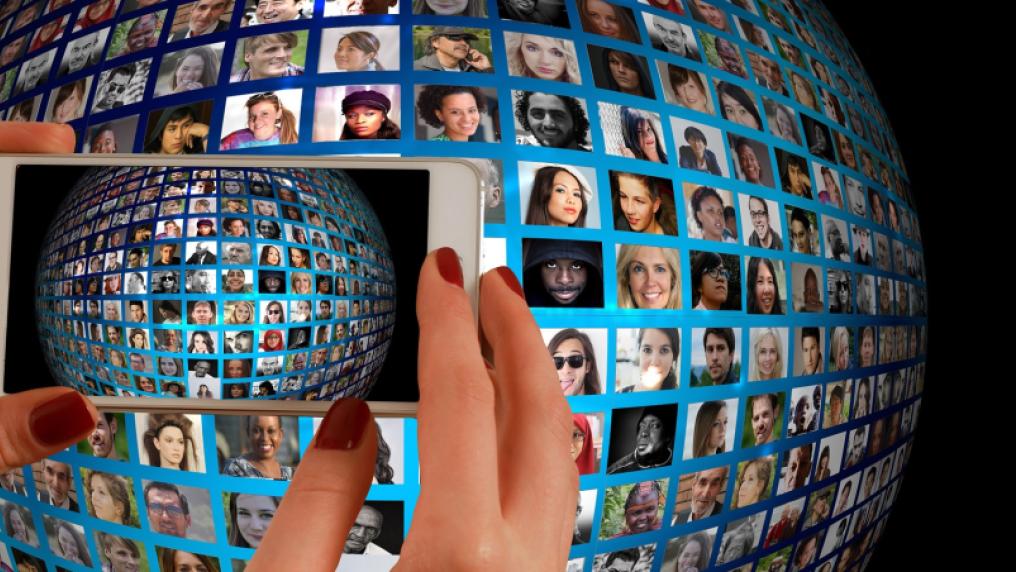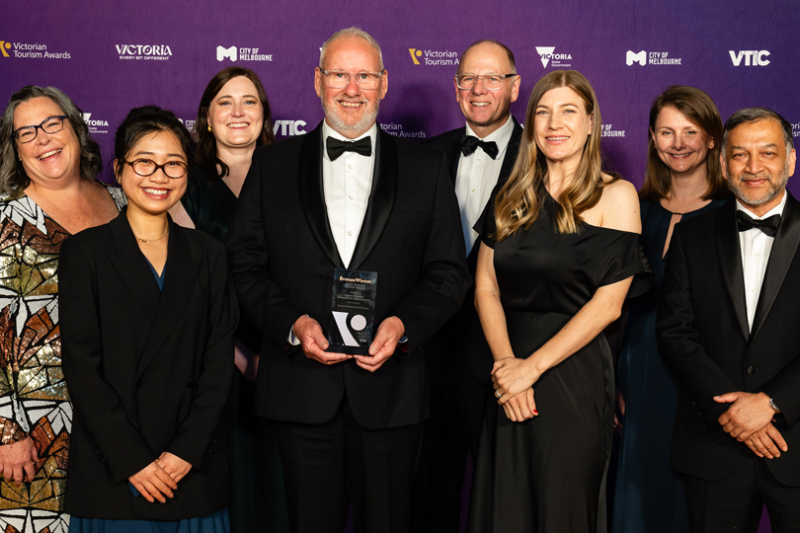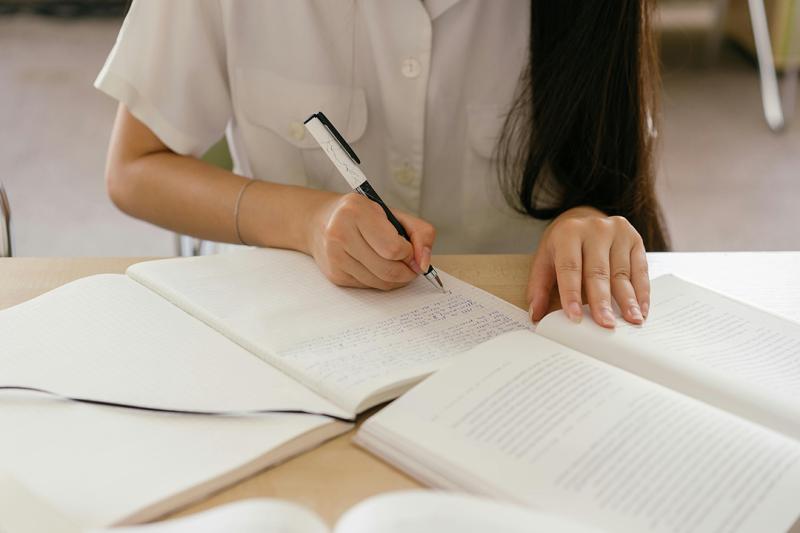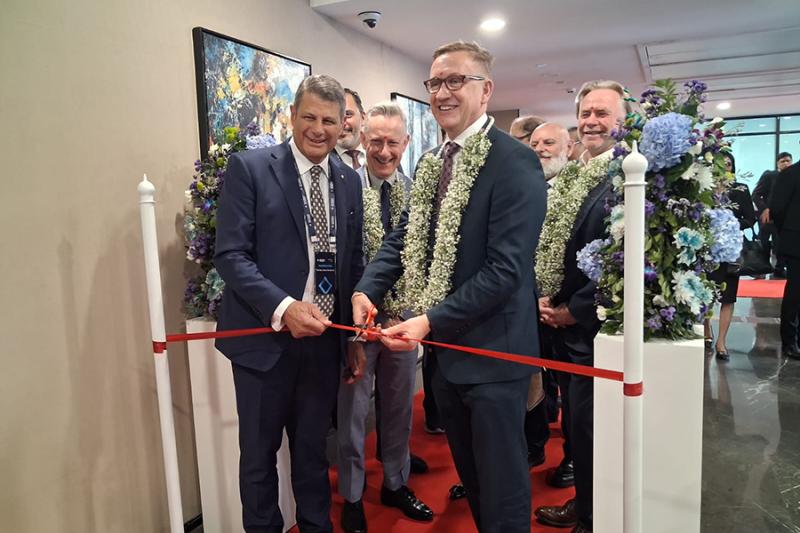Improving social media literacy of young Australians

Victoria University researchers are using an online program to improve the ‘social media literacy’ of young Australians.
Reel2Real shows young people how to spot digital trickery like Photoshopping, filters, and face-tuning that can reshape bodies, whiten teeth, or erase blemishes.
Armed with that knowledge, they can then question the picture-perfect selfies of others instead of feeling bad they don’t measure up.
Chief Investigator Professor Siân McLean said the program gives young people tools such as videos and interactive exercises designed to give them a new perspective on healthy social media use.
“Many young people who compare their bodies or lifestyles to others on social media know they are viewing inauthentic images, yet the more they scroll, the worse they feel,” she said.
Reel2Real also looks at how sponsored posts work, and how seemingly authentic social media influencers are actually motivated to construct their image through endorsements or money.
Dr McLean said that when young people start to downplay an emphasis on physical appearance when using social media, they can identify other qualities they value – such as humour – as a more authentic focus.
“Reel2Real is designed to show participants that authentic representations are best,” she said.
The researchers are currently looking for 200 Australians – both men and women – aged 18–25 to participate in the free, confidential program over the coming months.
The Reel2Real project is supported by the Australian Rotary Health, one of the largest funders of mental health research in Australia.
Researchers from La Trobe University and Northeastern University in Boston USA are also involved in the project.
For more information or to apply to participate visit reel2real.me



